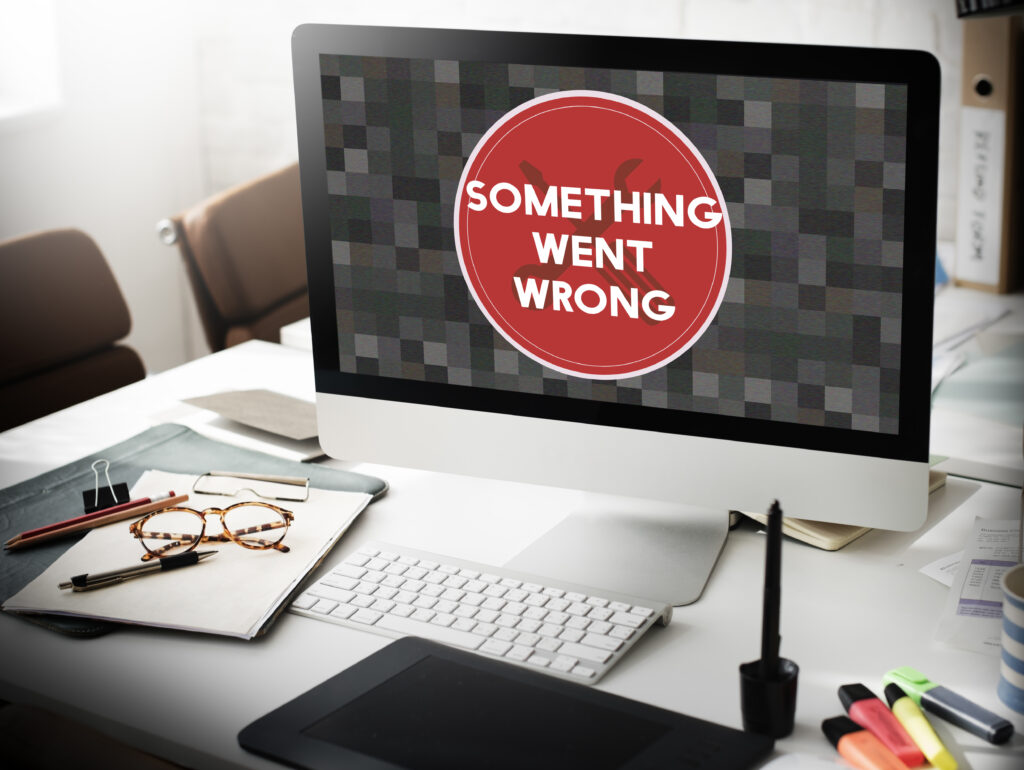
The industrial world is a complex and dynamic landscape, where machines and technology are the backbone of modern production and innovation. However, with such rapid advancements come new challenges and risks that can impact the reliability and performance of industrial PCs. Understanding these risks is crucial for ensuring the continued efficiency and safety of industrial operations. According to experts, there are several common failure threats that can compromise the functionality of industrial PCs, leading to costly downtime and potential hazards. These threats include power fluctuations, overheating, inadequate cooling systems, and outdated software, among others. Additionally, the integration of industrial computers into larger networks can expose them to cyber threats, such as malware and hacking attempts, which can compromise data security and disrupt operations.
In this article, we will delve into the 7 most common industrial PC failure threats and provide strategies to avoid them. From identifying potential power issues to ensuring proper cooling mechanisms, we will explore the various measures that can be taken to mitigate these risks and maintain the integrity of industrial computing systems. By understanding these threats and implementing the necessary precautions, industrial operators can ensure a more reliable and secure computing environment, thereby minimizing downtime and enhancing overall productivity.
Industrial PCs are the backbone of many critical operations, from manufacturing to healthcare. However, they are not immune to failure, which can lead to significant downtime and costly repairs. In this article, we will explore the top seven industrial PC failure threats and provide strategies to avoid them.
1. Hardware Failure
Hardware failures are the most common cause of industrial PC malfunctions. This can include issues with the motherboard, CPU, memory, or other components. Regular maintenance and updates can help mitigate these issues. For instance, ensuring that the CPU is not overheating can prevent premature failure. Additionally, using high-quality power supplies and ensuring proper ventilation can reduce the risk of hardware failure.
2. Software Issues
Software issues are another significant threat. Inadequate testing of new software can lead to compatibility problems, which can cause the industrial PC to malfunction. Regular updates and patches can help resolve these issues. Furthermore, using software designed specifically for industrial environments can reduce the likelihood of compatibility problems.
3. Networking and Communication Problems
Networking and communication problems can also cause industrial PCs to malfunction. Issues such as network congestion, poor network configuration, or outdated network protocols can lead to downtime. Regular network monitoring and maintenance can help identify potential issues before they cause significant problems.
4. Power Surges and Outages
Power surges and outages can damage industrial PCs, leading to costly repairs. Unstable power can cause hardware failures and data loss. Using surge protectors and uninterruptible power supplies (UPS) can help mitigate these risks.
5. Environmental Factors
Environmental factors such as dust, moisture, and extreme temperatures can damage industrial PCs. Regular cleaning and maintenance, as well as ensuring proper environmental control, can reduce the risk of damage.
6. Human Error
Human error is another significant risk. Misconfigurations, improper handling, or accidental damage can lead to costly downtime. Training and awareness programs can help prevent these types of errors.
7. Cybersecurity Threats
Cybersecurity threats are a growing concern in industrial settings. Industrial PCs are often connected to the internet, making them vulnerable to hacking and malware attacks. Regular software updates, adequate firewall configurations, and threat detection systems can help minimize these risks.
Strategies to Avoid Industrial PC Failure
- Regular Maintenance and Updates: Ensure that all hardware and software are regularly updated to prevent compatibility issues and mitigate hardware failures.
- Proper Environmental Control: Ensure that industrial PCs are properly ventilated and kept in a clean and dry environment.
- Use of Industrial-Grade Components: Use high-quality components designed specifically for industrial use to ensure reliability and longevity.
- Network Monitoring and Maintenance: Regularly monitor and maintain network configurations to prevent communication issues.
- Use of Surge Protectors and UPS: Use surge protectors and UPS to protect industrial PCs from power surges and outages.
- Training and Awareness Programs: Implement training and awareness programs to prevent human error and accidental damage.
- Cybersecurity Measures: Implement robust cybersecurity measures to protect against hacking and malware attacks.
Industrial PC failure can be costly and time-consuming. By understanding the common threats and implementing the strategies outlined above, operators can significantly reduce the risk of downtime and ensure the reliability of their industrial PCs.
You may also be interested in: CorMonitor Industrial IoT Monitoring Dashboard | Corvalent
Ready to elevate your mission-critical operations? From medical equipment to military systems, our USA-built Industrial Computing solutions deliver unmatched customizability, performance and longevity. Join industry leaders who trust Corvalent’s 30 years of innovation in industrial computing. Maximize profit and performance. Request a quote or technical information now!
